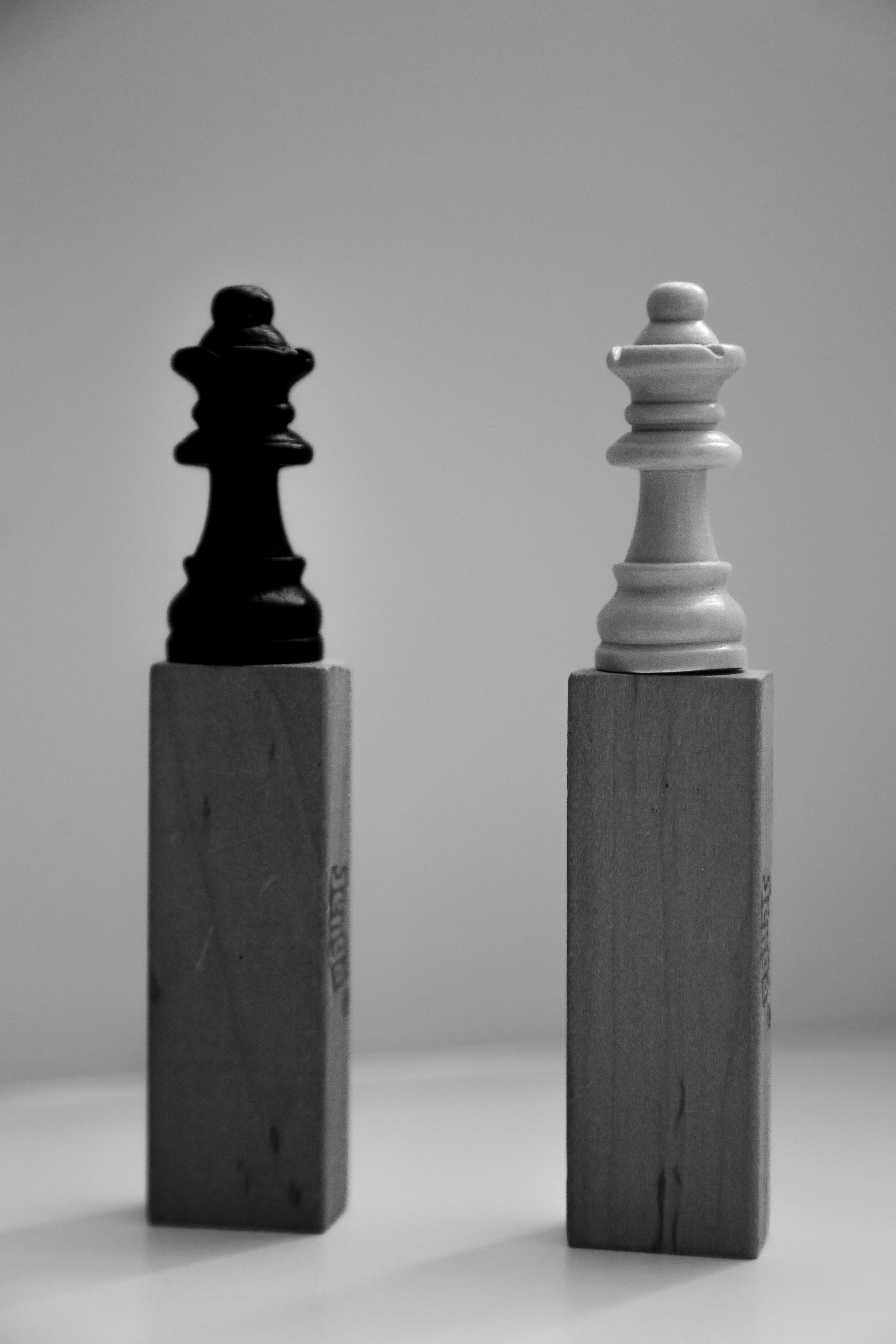There is a lot of divisive rhetoric circulating on the internet today, and much of it revolves around the relationship between men and women. Misogyny, misandry, and inflammatory phrases like “k*ll all men” or “k*ll all women” have seeped into everyday discourse online. How did we reach this point? How did feminism, which was supposed to be about equality, transform into something that feels, at times, like a gender war? And why do we believe that achieving equality means taking from one group to give to another?
Let’s not delve into legal or governmental approaches to equality—after all, laws are born from people’s beliefs. Instead, I want to address the attitudes and behaviors between men and women. Why is there even a “men versus women” divide when we are two halves of the human race, meant to coexist and thrive together? The growing animosity, particularly among the younger generation, is alarming. How did we come to hate one another while still desiring connection?
Feminism’s Shift and the Rise of Hostility
Feminism, at its core, was about securing equal rights for women. However, as societal structures have evolved, a vocal faction within the movement has shifted from equality to what some perceive as female superiority. This shift has left many men feeling alienated and attacked, and it’s no surprise that movements like the “manosphere” have risen in response. What was once a fight for balance has, in some circles, become a struggle for dominance, where women are seen as the victors and men as the defeated.
But it’s crucial to remember that while there are extremists on both sides, the majority of people—both men and women—are not interested in tearing each other down. They simply want to coexist in harmony, to love, and to be loved.
The Gen Z Dating Crisis and Online Culture
The tension between the sexes is particularly evident in today’s dating world, heavily influenced by social media and internet culture. Younger generations, especially Gen Z, have grown up with a constant online presence, where opinions—no matter how extreme—can quickly become viral.

A quick glance at YouTube or social media reveals an overdose of gender-based hostility. There are “girly gurus” encouraging toxic behaviors toward men, and in response, men have created their own spaces, often promoting hyper-masculine and sometimes violent narratives against women. Both sides have their grievances, but no one is trying to understand the other. They’re not even attempting to work together.
This hostility extends beyond the digital space. Many men feel unheard, unable to defend themselves against the onslaught of negative stereotypes. Women, on the other hand, feel justified in their anger after centuries of oppression, but retaliating by attacking men collectively only deepens the divide.
Misplaced Anger: Retaliation Against the Wrong Target
Let’s take a brief history lesson: After World War I, Germany was held accountable for the war and subjected to harsh penalties under the Treaty of Versailles. The resulting guilt, humiliation, and economic collapse laid the groundwork for the rise of Hitler and Nazi Germany. This retaliation, meant to punish, only led to greater devastation.
Similarly, women today, in their justified anger toward the historical patriarchy, have directed their frustration at the wrong target. Most men are not the oppressors they are painted to be. The average man is not at the top of a patriarchal pyramid, enjoying the spoils of power—he is just trying to get by in a world that has changed rapidly and left him unsure of his place.
Empathy as the Antidote
Women, by attacking men, are harming themselves in the long run. When men fail, society fails. When we tear each other down, neither side can thrive. Men are human, with emotions and vulnerabilities, and they are just as susceptible to the effects of verbal abuse and societal rejection as women are.
We’ve seen how toxic rhetoric like “kill all men” or “kill all women” has gone beyond satire and entered the realm of dangerous hate speech. This kind of language is reminiscent of the early days of Nazi Germany, where entire groups were demonized and dehumanized. Have we learned nothing from history?
What’s the Solution?
So, where do we go from here? It starts with empathy. It starts with changing our language toward one another. Proverbs tells us that “hatred stirs up quarrels, but love makes up for all offenses.” If we continue to spew hate, we will only deepen the divide. But if we choose love —real, action-based love— we can start rebuilding.
Empathy isn’t weakness; it’s strength. Men need empathy from women, and vice versa. Rather than kicking men when they are down, we need to uplift them, recognizing that many of the struggles they face are the same struggles we do. If women have spent generations fighting against the idea that we are weak and inferior, why are we now imposing similar negative stereotypes on men?
The Role of Community
In the face of growing alienation, community is more important than ever. Men need spaces where they can share their thoughts and feelings without judgment. Historically, the church has served as a community builder, offering men a place for accountability and support. Men’s groups, athletic clubs, and other local communities can also serve this purpose, providing the camaraderie and structure that many men lack today.
For women, the focus should be on lifting each other up without tearing men down. Women’s rights and feminism should never be about taking power away from men, but about ensuring equal respect and opportunity for all.
A Return to Core Values
At the root of this problem is a loss of values. As a society, we have replaced virtues like commitment, fidelity, respect, and sacrifice with fleeting ideas of freedom and self-gratification. We no longer value things like love, patience, kindness, and self-control—qualities that, if lived out, would render laws and regulations unnecessary because we would naturally treat one another with respect.
It’s time for us to relearn these values and cultivate virtues that build rather than destroy. This is not just a political or social issue—it’s a spiritual one. We’ve lost our way because we’ve lost our moral compass.
Moving Forward
We need to stop viewing each other as enemies. Men and women are not on opposing sides—we are partners, meant to uplift and support one another. If we can start by changing our language, showing empathy, and relearning core values, we can begin to heal the wounds that have been festering for decades.
Let’s move away from the hate and vitriol that have poisoned our relationships and return to love, understanding, and respect.







 →
→












Read the Comments +